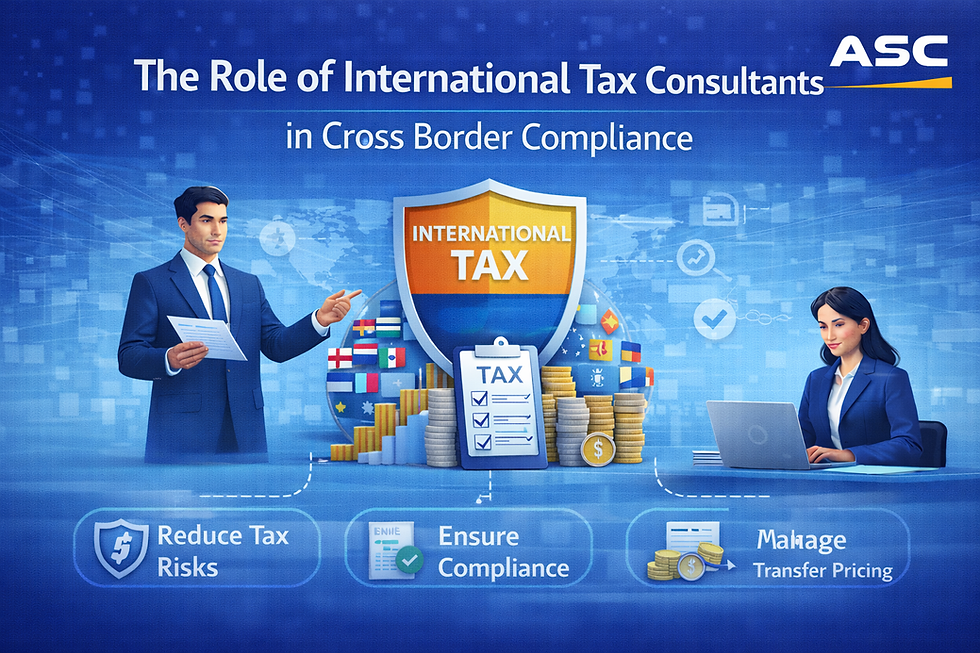How to Correct EPR Targets in EPR Battery Certificate From CPCB
- ASC Group
- Jul 8, 2024
- 3 min read
Updated: Jul 11, 2024
The Central Pollution Control Board must issue a EPR Battery Certificate to businesses involved in battery manufacturing, result, and sales in India. This certificate certifies that companies are capable of safely disposing of used batteries. It is a great way to protect the environment. The EPR Registration Program is designed to reduce contamination by encouraging the reuse of batteries and ensuring proper waste management. To receive the certificate, businesses must submit a CPCB application detailing their plans to collect and reuse old batteries. This effort is centered on protecting the environment and advancing viable trade practices.
What is an EPR battery?
Battery Waste Management producers are required to follow Extended Producer Responsibility guidelines for batteries that they discharge onto the market. The commercial centre. To expand, manufacturers must also achieve the collection and target goals. Reprocessing used batteries. These directions require companies to donate a new battery in exchange for an old one.
As it was, customers or consumers must offer their used batteries to the authorized merchant. The extended EPR registration here requires and prohibits makers to reuse or restore batteries. It's the same way to get rid of something. They can also choose to authorize other substances for similar reasons.
What are the benefits of CPCB Authority Targets for EPR Battery Certificates?
CPCB's EPR Battery Certificate comes with a variety of benefits.
Protecting our environment: Ensuring the safe transfer and reuse of batteries can make a big difference in reducing contamination and keeping harmful chemicals out of the environment.
Preserving Assets: The certificate advances the reusing of valuable materials, driving them to preservation and reducing their requirement for modern crude materials.
Ensuring public wellbeing: By ensuring batteries are disposed of and re-used in a proper manner, harmful substances can be avoided from polluting the environment and putting open health at risk.
Empowering Supportability: It exhorts business to grasp possible hones that adapt with universal natural principles.
Expanding Open Awareness: This increases awareness of the importance of reusing battery, leading to more competent customer actions.
Guaranteeing compliance: Business must follow national and universal laws in order to anticipate legal consequences.
How do I apply for an EPR battery certificate from CPCB?
The CPCB will process the application. The following steps will be followed to process applications for registration:
In 15 working days, the application will be processed. Within this time, registrations will be granted or denied as necessary.
The portal will inform the applicant if the application is incomplete due to missing documents or information.
In such cases, the application fees paid will be forfeited. For Registration, you will need to submit a new application along with the required fees.
Upload the Portal-generated registration certificate, after it has been sealed and signed by the Competent Authority.
The portal contains a provision that allows for internal processing of CPCB applications, with the Member Secretary of CPCB as the approval authority for issuing the Certificate.
The validity of a fresh registration is five years, starting from the date it was granted.
How to Modify EPR plans in the EPR battery certificate from CPCB?
ASSEMBLY | EVALUATION |
Data Collection and Analysis | Compile information about the number of batteries that have been collected, repurposed and arranged. Assess designs, limitations, and boundaries in order to find the root cause of any shortcomings. |
Improvements to Collection Systems | To improve the collection of old batteries, consider expanding the drop-off area, offering clients motivational programs, or working with nearby stores. |
Advanced Recycling Technologies | Investing in advanced reusing forms and advances will improve your ability to reuse batteries. This includes reworking frameworks, acquiring unused reusing techniques, and following natural directions for compliance. |
Justification and Supporting Evidence | Please prove that any proposed changes are supported with significant information. It is important to explain why the changes are needed and how they can help you reach your planning goals. It may include presenting case studies, comparing them to industry guidelines and highlighting viable pilot initiatives. |
The conclusion of the article is:
The CPCB has set EPR Battery Certificate targets that businesses can adjust to improve maintainability and comply with natural benchmarks. Businesses can enhance results by assessing existing techniques, obtaining information, and advancing collection and reuse strategies. To support these activities, you must invest in creative reusing techniques and increase public awareness. By demonstrating compliance, submitting a fully archived maintenance plan to CPCB that is supported by clear thinking and information benefits the environment as well as open wellbeing. These activities help to create a more sustainable and greener future. ASC Group provides the best EPR certificate for E-waste & Plastic Waste Management... CPCB EPR license.




Comments